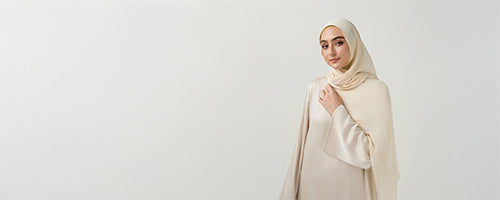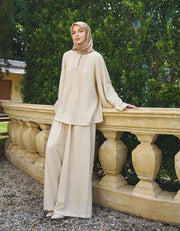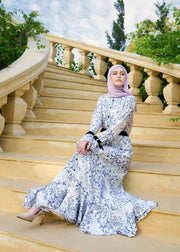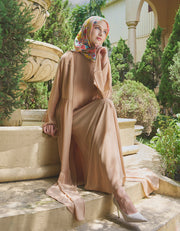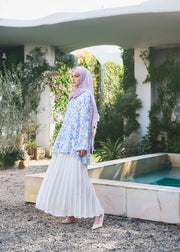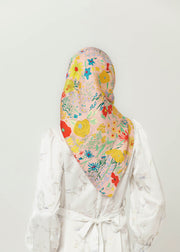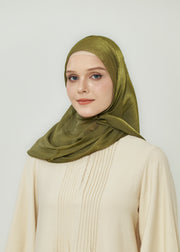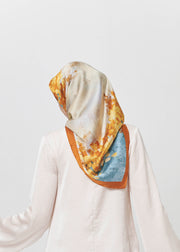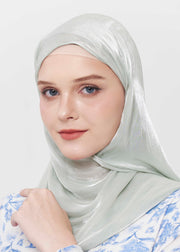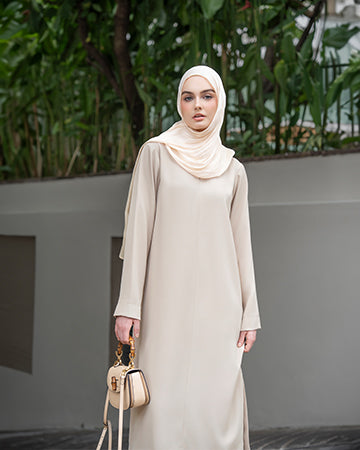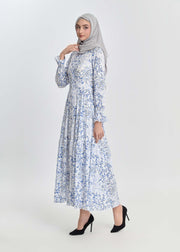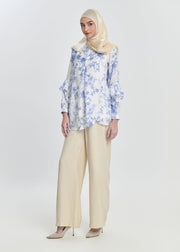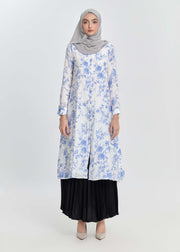Understanding the Deep Connection Between Culture and Islam in Today’s World
The relationship between culture and Islam is both rich and complex. While Islam provides a comprehensive spiritual and ethical framework, local cultures have shaped how Islamic values are expressed through language, dress, art, and social customs. From Indonesia to Morocco, Muslims live out their faith in diverse cultural contexts that reflect both unity and variety. Understanding how culture and Islam intertwine helps us appreciate the depth of the Muslim world—and also sheds light on evolving trends in modest fashion, gender roles, architecture, and even daily etiquette.
What Is the Relationship Between Culture and Islam?
Islam is a universal religion with core principles that guide every aspect of life—from prayer and charity to business ethics and family structure. However, the expression of Islam is never isolated from local culture. From wedding rituals in Pakistan to culinary traditions in Turkey, Muslims incorporate their regional identity into religious life.
Culture shapes how Islam is practiced, while Islam also influences the evolution of culture, creating a mutually enriching relationship. It is this dynamic that allows Islam to thrive in various societies while remaining spiritually consistent.
Modest Fashion: A Modern Reflection of Culture and Islam
One of the clearest ways to see the interaction between culture and Islam is in modest clothing. While the Qur'an emphasizes modesty, it doesn’t prescribe a single way of dressing. That’s why hijab styles and clothing for Muslim women vary so widely across regions—from the abaya in Saudi Arabia to the baju kurung in Malaysia.
Modest Fashion: A Modern Reflection of Culture and Islam
In recent years, brands like Minnaba have embraced this diversity by offering modest fashion that blends traditional values with contemporary design. Their collections feature breathable fabrics, global silhouettes, and inclusive sizing that celebrate both modesty and modernity.
How Culture Shapes Islamic Celebrations and Rituals
Islam has two major religious celebrations: Eid al-Fitr and Eid al-Adha, which are celebrated by Muslims worldwide. However, the way these events are observed differs across cultures:
-
In Egypt, Eid means feasting on kahk cookies.
-
In Indonesia, it means wearing batik and traveling back home.
-
In the U.K. or U.S., it often involves interfaith dinners and community service.
Even within shared rituals like prayer, cultural nuances such as language, attire, and food customs play a central role. This cultural variety makes the global Muslim identity vibrant and meaningful.
Culture and Islamic Thought: Language, Philosophy, and Art
Islamic culture has a long and profound history of intellectual and artistic contributions—from Persian poetry and Arabic calligraphy to Moorish architecture in Spain. Local culture has always served as a vessel for expressing Islamic philosophy and creativity.
Language, for example, plays a key role:
-
Qur’anic Arabic is preserved across cultures, but daily Islamic teachings are translated and discussed in native tongues.
-
Islamic art may avoid figurative representation but explodes with color, geometry, and script rooted in regional styles.
This balance between cultural creativity and Islamic guidelines is one of the reasons Islamic civilization flourished historically—and why it continues to inspire globally.
Globalization, Culture, and the Evolving Practice of Islam
In today’s digital age, Muslims are no longer confined to learning and living Islam through their local culture alone. Social media, travel, and education have created a global Ummah where ideas, styles, and practices are shared across borders.
This can result in tensions—such as when Western-born Muslims reinterpret modesty differently from their parents—or innovations, like hybrid halal cuisines or minimalist mosque architecture.
Brands like Minnaba play a role in this global conversation by offering clothing and content that reflects a modern, multicultural Muslim identity—one that embraces both tradition and innovation.
Culture, Gender Roles, and Islamic Interpretation
Gender roles in Islamic societies are often influenced as much by culture as by religious teachings. While Islam emphasizes equity, local customs can sometimes reinforce patriarchal norms. Distinguishing between religion and tradition is essential in empowering Muslim women around the world.
Today, Muslim women are scholars, CEOs, fashion influencers, and athletes—many of whom express their faith through culturally sensitive, yet modern forms of modest fashion.
Minnaba’s platform highlights this change by promoting clothing that supports both spiritual modesty and professional ambition—reflecting the evolution of gender dynamics in Islamic cultures.
How Islamic Culture Is Expressed Through Daily Lifestyle and Aesthetics
Islam is not just a set of rituals—it is a complete way of life. Culture fills in the aesthetic and emotional layers of that life:
-
Homes with Qur’anic calligraphy on the walls
-
Sharing iftar meals across generations
-
Greeting one another with local idioms like "Assalamu Alaikum" or "Selamat Hari Raya"
Even your clothing choices become a form of cultural storytelling. That’s why fashion brands catering to Muslim communities must understand not only religion, but also regional preferences, textures, and colors that connect people to their roots.
How Islamic Culture Is Expressed Through Daily Lifestyle and Aesthetics
Minnaba's design philosophy mirrors this beautifully by creating pieces that are emotionally, spiritually, and culturally resonant.
Conclusion: Culture and Islam—Rooted in Faith, Flourishing in Diversity
Culture and Islam are not separate—they are woven together in the fabric of Muslim life around the world. While the essence of Islam remains constant, the ways it is expressed reflect the unique flavor of each community. From dress and food to architecture and family life, culture adds depth and dimension to Islamic faith.
Whether you’re a young Muslim exploring your identity, or someone curious about the beauty of Islamic culture, embracing this connection can lead to greater understanding, unity, and self-confidence.
To experience how culture and Islam come together in the world of fashion, visit Minnaba—a modern modest fashion brand celebrating the global Muslim woman.

